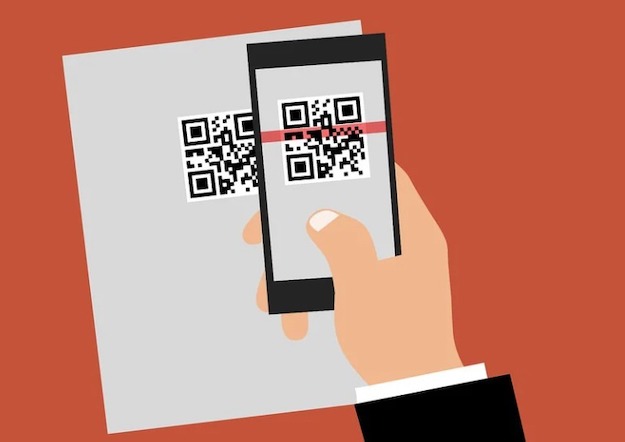ID scanners are an essential requirement for most modern businesses. If business owners are caught taking fake IDs, they can get fined or lose their licenses. They are ideal for companies that sell age-restricted goods and services as they can help you verify your customers’ age. An ID scanner also detects fake IDs, preventing fraudsters from slipping through.
ID scanning is a faster, safer, and more accurate way to collect customer data than manual data entry. Additionally, ID scanners keep records of past fraudulent IDs and notify you if the ID is used again. However, the ID scanner of choice should resonate with your business goals. Below are the factors to consider when buying an ID scanner.

1.The Type of IDs the Scanner Can Read
Knowing the type of IDs a scanner can read helps you get the right ID scanning technology for your business. It’s imperative to buy a scanner for scanning ID types that your business encounters daily.
While some scanners can read all types of IDs, others have limitations. Cards with magnetic strips and bar codes need different scanner types to decode data. Consider buying an ID scanner that can read both barcodes and magnetic strips to give you a wider and comprehensive range of IDs to scan.
2. Ease of Use
The ideal ID scanner should be easy to use. It shouldn’t have any complexities that make the entire scanning process difficult. The best scanner should help you quickly determine the customer’s eligibility and age to buy age-restricted goods. If the scanner is meant for a dark environment such as a nightclub, the screen must be backlit for ease of use. You may also look for scanners with features such as customizable sound alarms to identify underage IDs.
3. Data Storage and Retrieval Capability
Advanced ID scanners have a built-in memory to store the data they read from IDs. Buying ID scanners with storage capabilities helps you store data that you can use as proof that specific IDs were scanned. This enables you to defend your business against accusations of selling age-restricted goods to minors.
The customer’s ID number, scan time, and birth date are essential in proving your case, so ensure the scanner can capture that data and have retrieval features. You may also consider a scanner that allows you to download ID data into a spreadsheet so you can use it to track customer demographics, study sales patterns and attendance, and build
mailing lists.
4. Durability
If your ID scanner is to be used in high-traffic areas, it’ll undergo a lot of wear and tear. This is why your scanner choice must have the capacity to withstand a long time of heavy usage. The ideal ID scanner should have screen protectors, built-in hand straps and be made using shock-resistant plastic. Look for scanner dealers offering warranties on manufacturing defects.
5. Portability
There are different kinds of scanners. The counter version is ideal if you don’t need a scanner that moves most of the time. There are also hand-held ID scanners that you can freely move around with as they’re lightweight but durable too. You may also consider an ID scanner app that uses a phone camera.
Endnote
A good scanner for your business is essential because it protects you against fraudulent activities and helps you adhere to age-restricted sales rules. Consider the above factors when purchasing an ID scanner.




